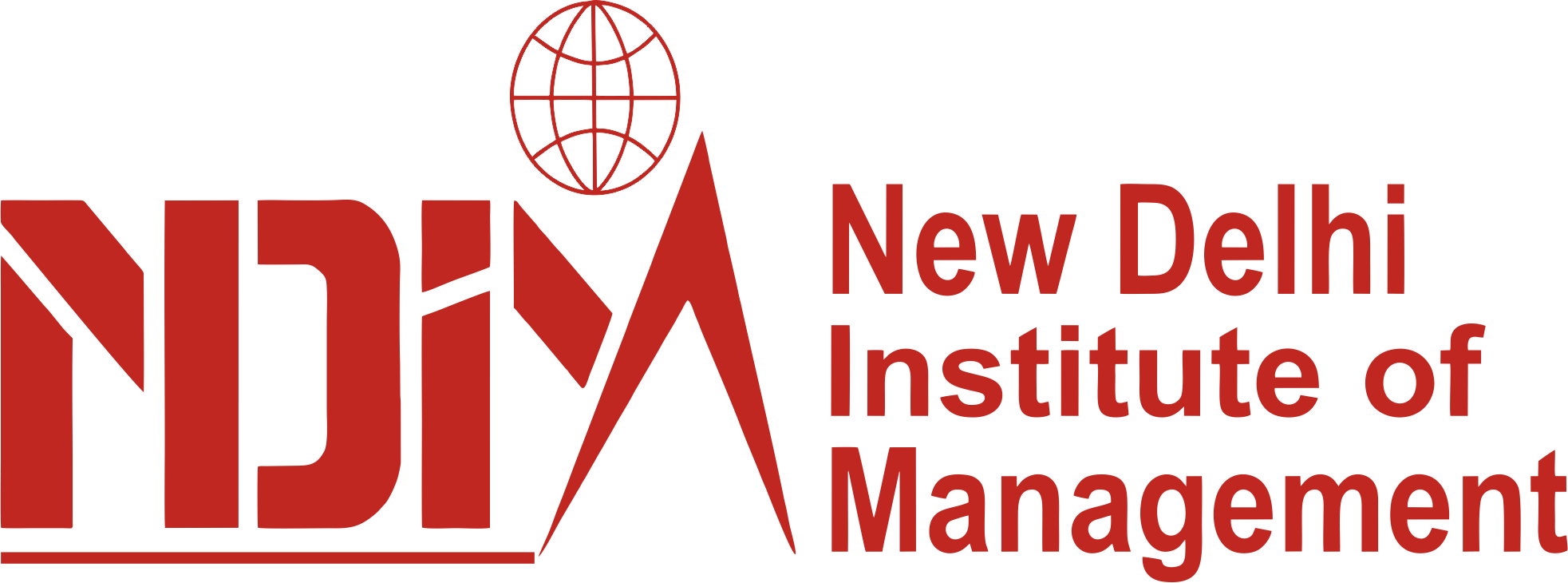In the competitive and dynamic world of business today Effective management skills are essential to achieving success in your career. If you’re an experienced professional or just a beginner in your management career, mastering the proper abilities can open the door to advancement in your career and the highest level of leadership.
In this article, we’ll discuss some of the most important management competencies required to succeed in a career in management and how taking management courses, including the most well-known ones, can boost your career in the field of management career opportunities.
Leadership Skills: Leadership is at the core of successful management. A good leader can encourage and motivate their employees establish clear objectives and set an example for their team. The qualities of leadership include determination, vision, empathy, and the capacity to efficiently delegate tasks. Management courses often are focused on the development of leadership providing insights into the various methods of leadership, efficient methods of communication, and strategies for creating teams that perform well.
Strategic Thinking: Strategic thinking requires the ability to think about the larger perspective, anticipate the future, and develop long-term strategies to reach organisational goals. Individuals have to analyse information, analyse the dynamics of markets, and determine opportunities and threats within the business world. Management classes emphasize strategic planning, which helps professionals develop their critical thinking in scenario analysis, as well as the ability to make strategic decisions.
Communication Skills: Effective communication is crucial for a successful management. Individuals must communicate their ideas, give constructive feedback, and encourage an open dialogue among their teams. Effective communication skills help to facilitate collaboration, solve conflicts, and establish rapport with other stakeholders. Management courses provide courses on strategies for communication that include active listening as well as persuasive communication and non-verbal communication strategies.
Apply Now for PGDM/MBA
Problem-Solving Skills: Working professionals face many problems in their work which range from operational issues to a variety of organisational challenges. The ability to solve problems helps individuals analyse problems, pinpoint the root cause, and then develop creative solutions. Management courses typically include case studies, simulations, and practical exercises to improve management’s problem-solving skills, empowering managers with the skills to effectively tackle problems in the real world.
Adaptability and Resilience: In the fast-paced business world of today, changes are inevitable. Effective individuals need to demonstrate flexibility and perseverance to face uncertainties and overcome obstacles. They should be open to changes, learn from their mistakes, and continuously adjust their strategies to adapt to changing conditions. Management courses include elements on managing change as well as resilience building and agility, which allows managers to thrive in changing workplaces.
Time Management and Prioritization: Effective time management is vital to maximise productivity and achieve the desired results. Individuals are juggling many tasks, deadlines, and priorities every day, which requires excellent time management skills. They must prioritise their work according to importance and urgency as well as delegate duties when needed and use time-saving techniques and tools. Management classes provide insights into strategies for managing time as well as productivity hacks and methods for prioritizing workloads.
Emotional Intelligence: Emotional intelligence includes self-awareness, empathy, self-regulation, and social capabilities. Working professionals who have high emotional intelligence can recognise their feelings and those of their colleagues, manage interpersonal interactions effectively, and build trust and cooperation. Management courses incorporate elements of emotional intelligence, encouraging self-awareness, empathy, and interpersonal skills in future managers.
Decision-Making Skills: Effective decision-making is the hallmark of successful management. Individuals must make quick and well-informed decisions, using the available information. They must weigh the risks and benefits, they should think about the different options, and evaluate the potential consequences before making the final decision. Management courses focus on the process of decision-making by providing strategies, tools, and the right skills to boost the ability to make decisions correctly.
Conflict Resolution Skills: Conflicts are inevitable in any workplace. Individuals should be able to determine the root of issues that require dialogue and discover an acceptable solution to conflicts. The ability to resolve conflicts helps create a positive working environment improve team dynamics and increase productivity. Management classes provide instruction on methods for managing conflict including negotiation techniques, negotiation strategies, and mediation techniques.
Networking and Relationship Building: Effective individuals develop strong professional networks and develop lasting relationships with clients, colleagues, and industry peers. Networking helps to share knowledge and career advancement opportunities as well as access to valuable sources and information. Management courses typically include networking events, business interactions, and alumni networks helping managers expand their professional network and develop lasting connections.
In conclusion, an effective management career requires a broad set of skills that includes strategic thinking, leadership communication solving, problem-solving, flexibility as well as the management of time and emotional intelligence the ability to make decisions, resolve conflicts, and networking. Taking courses in management, such as popular ones that are tailored to specific jobs or industries will provide you with valuable information in practical skills and networking opportunities that can accelerate your path to success in management.
Insisting on continuous learning and developing skills is essential to remain up-to-date to stay competitive and relevant in the changing business environment. By acquiring the appropriate management abilities and taking advantage of education opportunities, future managers can tap into their potential, contribute to organizations to achieve success, and begin a rewarding management career journey.
When considering a management college for your academic journey, one name shines brightly: NDIM, located in the heart of Delhi, stands out as India’s exclusive metro B-School renowned for offering premier management education. At NDIM, special emphasis is placed on Communication Skills Development classes, meticulously crafted to equip students with the essential skills required to excel in today’s rapidly evolving global landscape.
NDIM prides itself on its distinguished faculty members, each possessing extensive experience and an advanced curriculum that consistently proves its effectiveness in preparing students for success. Through regular updates to its curriculum to align with the latest industry demands, NDIM ensures that students can effortlessly acquire the necessary skills. Moreover, the institution prioritises practical learning by conducting frequent live demonstrations and practice sessions.
NDIM remains steadfast in its commitment to providing the best possible support and resources to its students, facilitating their continuous growth and success in their academic and professional endeavors.
Choosing the best PGDM institution is essential for your career. NDIM is regarded as among the most prestigious PGDM institutions in Delhi. Accredited by AICTE, NDIM has played an integral part in determining the goals of many hopeful managers, helping them towards success in the business world. With an emphasis on holistic learning, NDIM ensures not only academic knowledge but also general student development, helping students manage the organizational environment efficiently. It is regarded as the top institution in India in Corporate Interaction by the AICTE-CII for the last three years, NDIM boasts an impressive 100% success rate in placement that has been recognized through the Advertising Standards Council of India. To know more, visit our website: https://www.ndimdelhi.org/.
The essential management skills crucial for a thriving career include effective communication, strategic thinking, problem-solving abilities, decision-making prowess, leadership capabilities, adaptability, and emotional intelligence.
Effective communication is the cornerstone of successful management. It ensures clear articulation of goals, instructions, and expectations, fosters collaboration among team members, resolves conflicts efficiently, and cultivates a positive work environment conducive to productivity and innovation.
Strategic thinking enables managers to envision long-term goals, anticipate challenges, and devise proactive strategies to achieve organizational objectives. It involves analyzing market trends, identifying opportunities, and making informed decisions to stay ahead of the competition and adapt to changing business landscapes.
Problem-solving is integral to management as it empowers leaders to address complex issues, overcome obstacles, and capitalize on opportunities for growth. Managers adept at problem-solving can identify root causes, evaluate alternative solutions, and implement effective strategies to drive continuous improvement and organizational success.
In today’s dynamic business environment, adaptability is paramount for managers to navigate uncertainties, embrace change, and capitalize on emerging opportunities. Adaptable managers remain agile in the face of challenges, continuously learn and evolve, and foster a culture of innovation and resilience within their teams.
Yes, management skills can be developed and honed through continuous learning, feedback, and practical experience. Managers can enhance their skills through formal education, professional development programs, mentorship, networking, and by seeking opportunities to apply their skills in diverse contexts and challenging situations.


